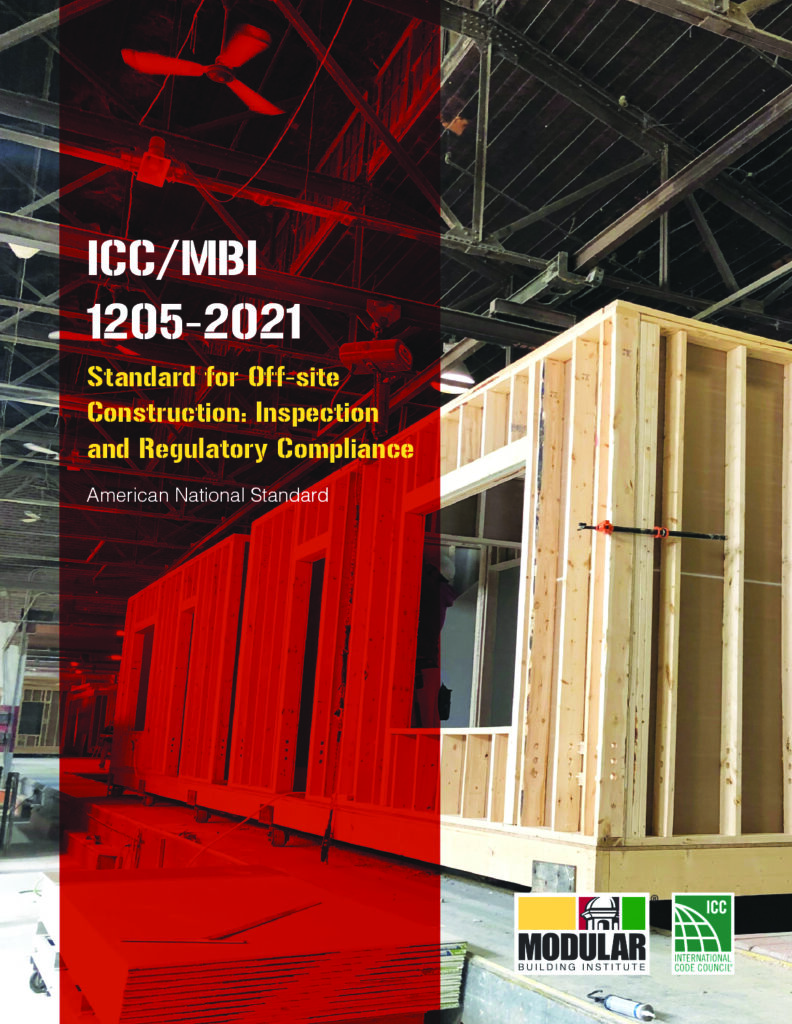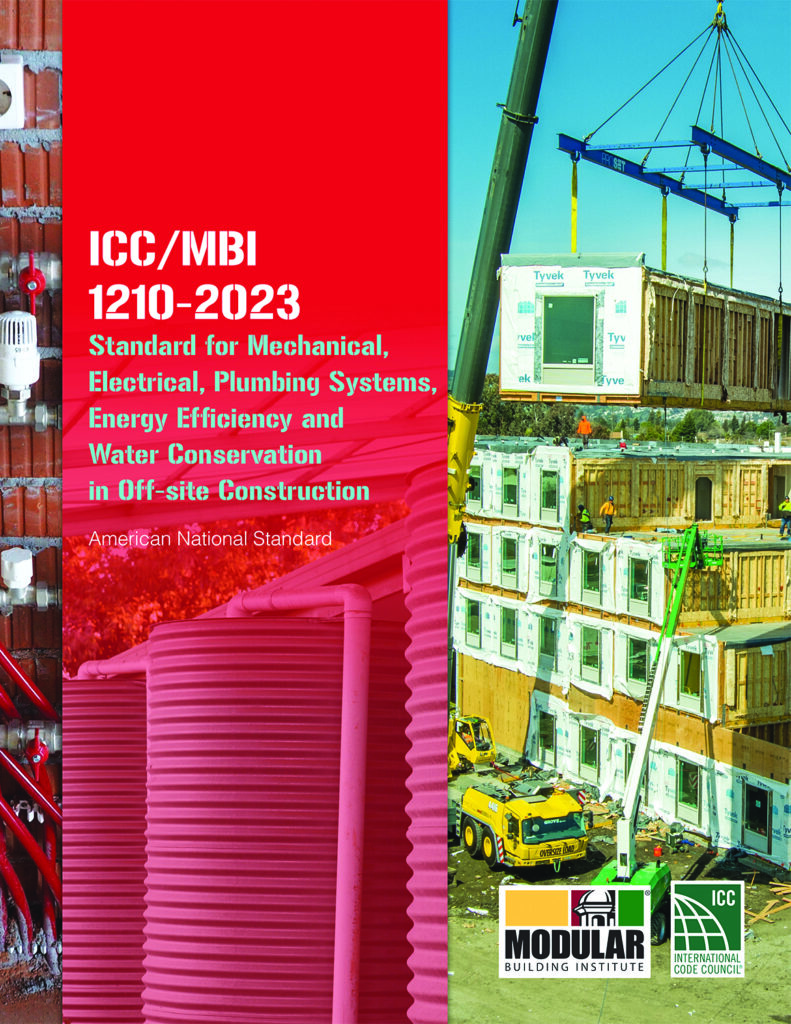Industry involvement will help to ensure that we create regulatory facilitators, not barriers.
About 12 years ago, a group of offsite luminaries, representing multiple perspectives from manufacturers, contractors, academia, designers and developers, came together to establish a forum for all those wishing to advance the use of offsite construction. Thus, was born the National Institute of Building Science’s (NIBS) Off-Site Construction Council (OSCC). One of the first efforts that OSCC was charged with tackling was the advancement of codes and standards.
A lot has happened since those initial meetings, but many of the key themes remain. The US Department of Housing and Urban Development (HUD) has reengaged in the discussion on opportunities to leverage offsite construction to solve the US housing crisis with a research roadmap and soon-to-be-published strategic plan. The core focus areas of both documents are regulation and standards.
States like Colorado, Utah, Virginia, and others are moving forward with programs or policies that make greater use of offsite construction. International efforts are underway as well, including in Canada and the United Kingdom. The White House has also recognized the opportunities to move offsite forward in its National Housing Plan.
In addition to NIBS, other key organizations have recognized the opportunities that offsite construction provides to address societal and building industry challenges. These challenges include workforce, sustainability, housing affordability, productivity, disaster recovery and building quality.
One such organization is the International Code Council (ICC, or Code Council). Offsite construction clearly aligns with the Code Council’s mission to advance safe, sustainable, and resilient buildings and communities. While some see building codes as barriers, the Code Council has taken the approach that codes, and the processes that support their effective use, are enablers to the achievement of community and industry goals. As such, the expansion of offsite construction requires a suite of solutions — one size does not fit all.
Common standards and approaches are important to wider market acceptance of offsite construction. As reported in this magazine previously (see “A Closer Look at the New Offsite Standards” in the September 2023 issue), the Code Council and the Modular Building Institute (MBI) have been collaborating on standards to support regulatory consistency in the offsite construction approvals and verification process. Virginia and Utah are leading the way in adopting those standards and discussions around adopting the standards are underway in other states as well.
The standards are one part of an ecosystem that supports the effective deployment of offsite construction. Another is product evaluation.
Product evaluation is a pathway through which new and innovative products can demonstrate compliance with building code requirements. This compliance is documented in an ICC Evaluation Service’s ESR (Evaluation Service Report), which presents the findings, conclusions and recommendations from a particular evaluation.
Existing offsite construction ESRs cover shipping containers, structural insulated panels (SIPs), cross-laminated timber (CLT) and other building components.

Product evaluation works best for those products that are consistent and produced at scale, but the process is evolving to accommodate greater levels of flexibility. For example, SIPs have been evaluated for a range of sizes and penetrations.
Earlier this year, the Code Council released Guideline 6 on Advanced Panelization, providing an approach centered on productization and systemization like that provided by the Code Council’s Evaluation Service (ICC-ES). The Guideline focuses on opportunities to use enhanced levels of quality assurance and automation to reduce the number of in-factory inspections required. It also introduces the concept of a panelized system allowing for the approval of different configurations of sub-panels under a single approval process.
Additional solutions are in the works, including standards to support greater consistency in how tiny houses used for permanent occupancy are regulated and opportunities to leverage existing regulatory tools differently. Appendix N in the International Building Code (IBC) provides a process to preapprove replicable buildings. Can such an approach be used either at the whole building or module level to streamline plan review?
While the regulatory process can seem tedious and even mysterious, it has a profound impact on what gets built. Voices from across the offsite construction process are necessary to develop and implement solutions that facilitate the expansion of the industry.
I encourage everyone in this industry to engage with state and local policymakers and participate in advocacy efforts through trade groups like the Modular Building Institute, the Modular Home Builders Association, and the National Association of Home Builders’ Building Systems Councils. Share your ideas and needs with the Code Council to help identify solutions. Offsite construction is about challenging the status quo to deliver better buildings and communities.

Ryan Colker is Vice President, Innovation at the International Code Council, and Executive Director at The Alliance for National & Community Resilience. Both are based in Washington, DC.







